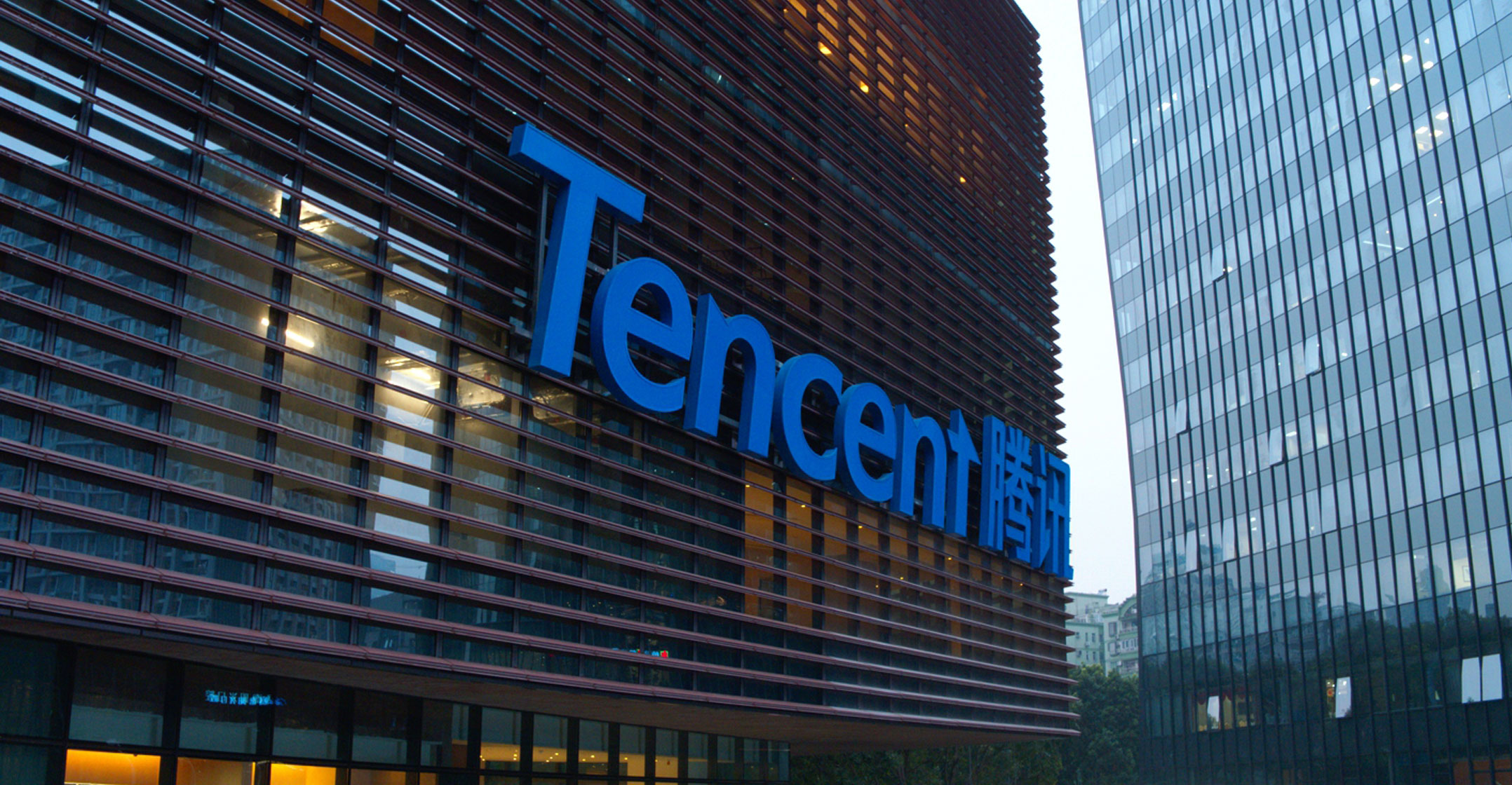 Tencent Holdings reported a 25% gain in quarterly revenue as China’s largest company sustained a boom in gaming and cloud that began during the Covid-19 pandemic.
Tencent Holdings reported a 25% gain in quarterly revenue as China’s largest company sustained a boom in gaming and cloud that began during the Covid-19 pandemic.
Revenue climbed to C¥135.3-billion (US$21-billion) in the three months ended March, compared to the average C¥133.8-billion of estimates. Net income came in at C¥47.8-billion, versus ¥28.9-billion a year earlier.
The results affirmed the resilience of the world’s largest game publishing business as the pandemic recedes.
Tencent has shed roughly $200-billion in market value since its January peak, part of a broader Chinese tech selloff. But Pony Ma’s company has largely escaped Beijing’s antitrust crackdown for now — despite its ubiquitous WeChat app offering unrivalled insights into all aspects of Chinese life and a commanding lead in gaming, music and social media markets.
Potential fallout
Investors haven’t fully dismissed the potential fallout for Tencent’s online juggernaut. Rivals like ByteDance argue that WeChat is locking users inside its ecosystem by blocking links to external services. Portfolio start-ups like Yuanfudao and Shixianghui have been penalised for unfair price tactics and other anticompetitive behaviour. Its music spin-off faces heightened scrutiny over exclusive dealings with record labels. And Tencent’s fintech arm — the closest comparison to Jack Ma’s Ant Group in China — is said to be the next in line for increased supervision.
Executives have sought to assuage investor concerns, saying Tencent has always been cautious with fintech regulations and will stick with its normal practice of acquiring minority stakes in start-ups. “Compliance is our lifeline,” Tencent president Martin Lau told investors in March.
For now, gaming and social content remain Tencent’s biggest and steadiest cash cows. It announced a pipeline of more than 40 new mobile and PC titles during its annual game showcase on Sunday, including those adapted from familiar content like Japanese manga series One Piece and Digimon. Last month, the Shenzhen-based company folded its mini-video app, video streaming platform and mobile store into a single business unit, in a bid to pull together resources to build a Marvel-like franchise.
 Longer term, Tencent’s online advertising business could take a hit from macroeconomic and regulatory uncertainties.
Longer term, Tencent’s online advertising business could take a hit from macroeconomic and regulatory uncertainties.
“Possible cautious ad budget spending by apparel brands and online education providers plus uncertainty on broadcasting timing for certain variety shows and dramas could weigh on” ad revenue growth into the second quarter and second half, Citigroup analysts led by Alicia Yap wrote in a note last month. — Reported by Zheping Huang, (c) 2021 Bloomberg LP




